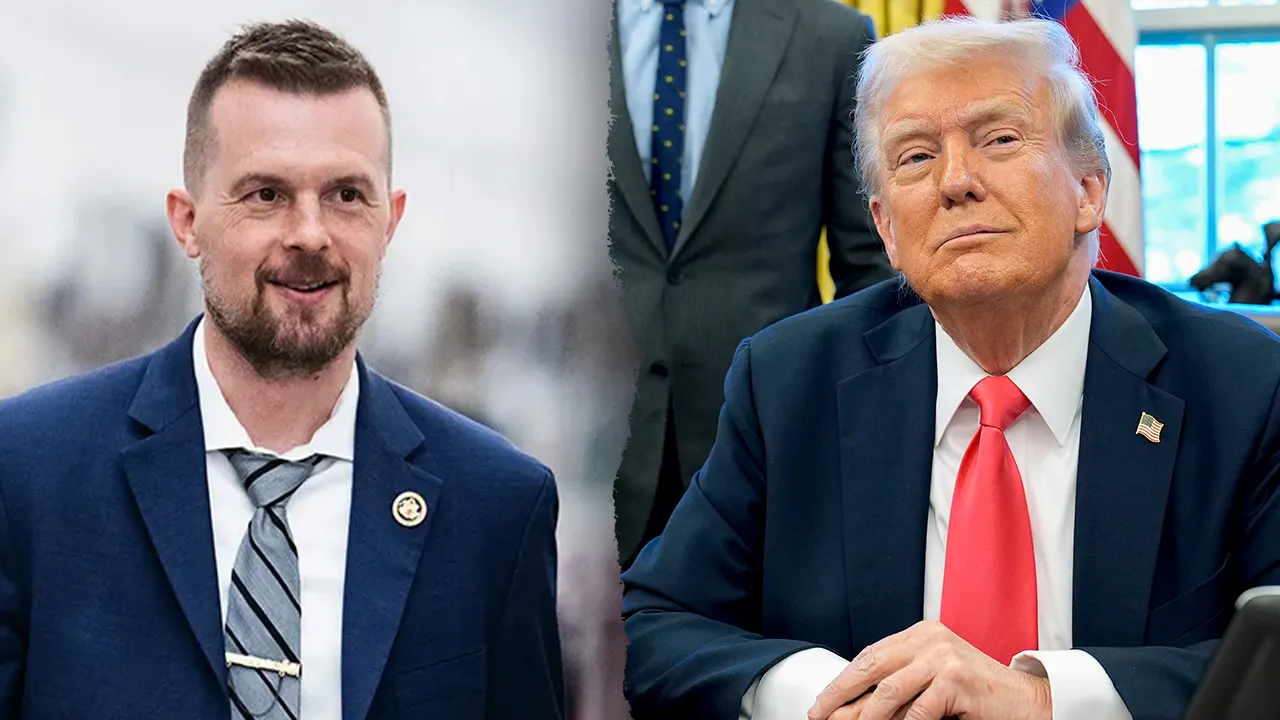The next steps for Congress
Recently, President Donald Trump issued three Executive Orders (EOs) to impose tariffs on Mexico, Canada, and the People’s Republic of China (PRC)

www.mayerbrown.com
. . . In addition to the president’s authority to declare a national emergency under the NEA, Congress also has a role to play. Specifically, under the NEA, Congress may terminate a national emergency
through a joint resolution, which proceeds as follows:
- If a Member of Congress introduces a joint resolution proposing the termination of a national emergency, the resolution is sent to the appropriate committees of the House of Representatives and the Senate. In the House, termination resolutions have previously been referred to the Committee on Transportation and Infrastructure, which has jurisdiction over “[f]ederal management of emergencies and natural disasters.”5 The Senate’s referral process varies, as it appears to be influenced by the subject matter of the emergency powers invoked by the president in the national emergency declaration.6
- The respective committees report their recommendations within 15 calendar days, unless otherwise determined by the chamber.
- The joint resolution becomes the pending business of the chamber in question and is voted on within three calendar days unless otherwise determined by that chamber.
- Upon the joint resolution’s passing in either the House of Representatives or the Senate, the joint resolution is referred to the appropriate committee of the other chamber and is reported with recommendations within 15 calendar days. The joint resolution must then be voted on within three calendar days, unless otherwise determined by the house.
- Finally, if any disagreement exists between the House of Representatives and the Senate with respect to a passed joint resolution, conferees are promptly appointed and the committee of conference must file a report with respect to the joint resolution within six calendar days after the day on which the conferees on the part of the Senate and the House are appointed. The report is acted on by both chambers within six calendar days. In the event the conferees are unable to agree within 48 hours, they report back to their respective houses in disagreement.
Any joint resolution passed by Congress would be privileged, and, accordingly, receive a vote in both the House of Representatives and the Senate.
Any passed joint resolution would be subject to a presidential veto. If the resolution is vetoed, Congress would need a supermajority (2/3) vote to override the veto to pass the resolution.
. . .

www.nationalobserver.com






